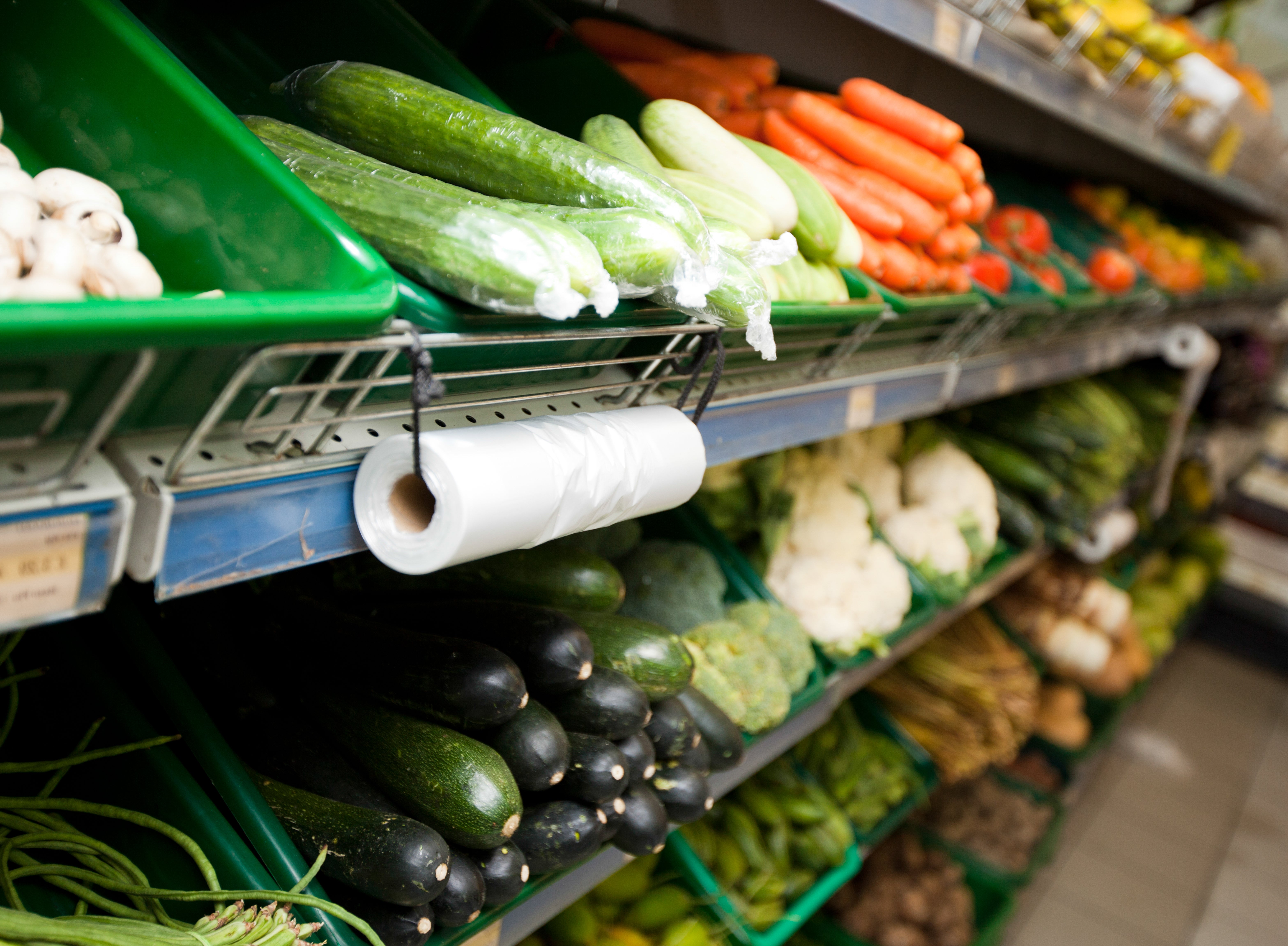20 pledges for 2020: The whole food system in Britain needs to change to achieve real sustainability
Julia Platt Leonard is making her kitchen and her cooking more sustainable in 2020, one meal at a time


Your support helps us to tell the story
From reproductive rights to climate change to Big Tech, The Independent is on the ground when the story is developing. Whether it's investigating the financials of Elon Musk's pro-Trump PAC or producing our latest documentary, 'The A Word', which shines a light on the American women fighting for reproductive rights, we know how important it is to parse out the facts from the messaging.
At such a critical moment in US history, we need reporters on the ground. Your donation allows us to keep sending journalists to speak to both sides of the story.
The Independent is trusted by Americans across the entire political spectrum. And unlike many other quality news outlets, we choose not to lock Americans out of our reporting and analysis with paywalls. We believe quality journalism should be available to everyone, paid for by those who can afford it.
Your support makes all the difference.What does sustainability mean when it comes to what we put on our plate? Who grows the food we eat in the UK and how secure is the path from farm to table? And how do we reconcile a nation where supermarket shelves are heaving with food, yet many live in food poverty?
Tim Lang, Professor of Food Policy at City, University of London, tackles these questions in Feeding Britain: Our Food Problems and How to Fix Them, a far-reaching book that examines the complexities, contradictions and challenges facing the United Kingdom in the 21st century. It’s full of charts, facts, figures and footnotes – the distillation of hundreds of reports and studies. Lang, an academic, former farmer, and food policy expert is ideally suited to the task.
But can Feeding Britain help me with my 2020 pledge to eat and cook more sustainably? The short answer is yes and it starts with a rethink about what sustainability means.
When I spoke to Lang he pointed out that ‘sustainable’ means different things to different people. ‘In much of policy discussion about food, you’ll say, “Well, is it a nutritious, healthy, affordable and sustainable food?” And by sustainable, they mean environment. And that’s not good enough,’ he says. ‘Sustainability is about how we run the whole food system.’
Lang’s approach starts with an acknowledgement of the complexity of sustainability – everything from the need to protect and encourage biodiversity and soil health to social drivers, food inequalities and access to information and data.
But one thing is clear, no food system is sustainable he says, if it’s not secure.
Food security encompasses everything from our ability to protect supply chains, handle IT problems and transport logistics, to our reliance on other countries to feed us – we import anywhere from 39-50% of the food we eat, he says – and the impact of Brexit (a 2018 House of Lords report says that 30% of our food is imported from the EU with another 11% from countries with trade deals negotiated by the EU).
‘Where your country’s food comes from is actually a dead obvious thing. And if you don’t want it to come from 24 miles away at the other side of the channel, well, where are you going to get it from?’ he asks.
Imports are understandable when it comes to bananas or avocados or mangos, ‘…but that it imports huge quantities of what it could perfectly well grow here suggests a failure of political economy,’ he notes in his book.
Lang tells me we’re more self-sufficient when it comes to meat and dairy but grow only around 20% of our fruit and vegetables, which seems crazy. ‘Britain does not feed itself. Some say that doesn’t matter. I think it does.’
Relying on other countries to feed us isn’t secure nor is it right, he says. And no matter where we get our food, it comes with trade-offs. Do we really want cheap chlorinated chicken from the United States? Are we willing to import food from anywhere in the world even if the working conditions of the farm workers are anything but acceptable? ‘We need to realise that simply buying food does not absolve us from responsibility for how that food is produced and sourced.’
In order to be sustainable, we need greater transparency at every step of the food chain from how and where our food is grown, processed, sold and consumed – something that’s lacking today.
‘Imagine a supermarket display which told you where the money went,’ Lang suggests. Reading Feeding Britain, it’s clear that my personal choices, such as reducing the amount of food I throw away, eating less meat, and avoiding excess packaging, are only part of the picture. The challenge of food sustainability starts long before I ever make out a shopping list, load up my cart or even start cooking.
And while food manufacturing is the largest manufacturing sector in the UK, Lang questions what we’re producing – foods high in salt, fat, and sugar– and consequently buying at the shops. ‘We put up with ingredients in food which have no place in food at all. They’re approved for use, but all they’re doing is disguising the food to make it look like food when it’s some whipped up concoction.’
One result is rising obesity. A recent NHS report says that 67% of men and 60% of women are overweight – a figure that includes 26% of men who are obese and 29% of women.
‘I mean, the food industry, the food system is like a vast machine that is just churning out food all the time whether you want it or not,’ Lang says.
On the one hand, there is a sense of plenty with supermarkets stocked to the rafters with thousands of different product lines of anything and everything. Juxtapose that with the huge problem in food poverty in Britain as highlighted by the rise in food banks (‘…a modern version of medieval welfare…’) ‘holiday hunger’ and the free school meals campaign championed by footballer Marcus Rashford.
The problems are huge, complex and intertwined. They require, Lang argues, a ‘multi criteria’ approach that he calls a ‘Great Food Transformation’.
Lang dedicates the last part of Feeding Britain to outlining his approach for a UK food system that is secure, resilient and equitable, including a proposed Royal Commission to map out a new set of principles for a robust UK food system. It’s a mammoth task but Lang says that rather than shying away from the complexities we should acknowledge them – there are no quick fixes.
Does the UK government have the stomach to tackle the problem? Lang is dubious but convinced it’s the right thing to do.
‘How a nation feeds its people, whether it feeds them all to decent standards, whether it applies sound criteria for doing so, and who gains or loses from reform, these are all tests for whether a country is civilized.’



Join our commenting forum
Join thought-provoking conversations, follow other Independent readers and see their replies
Comments